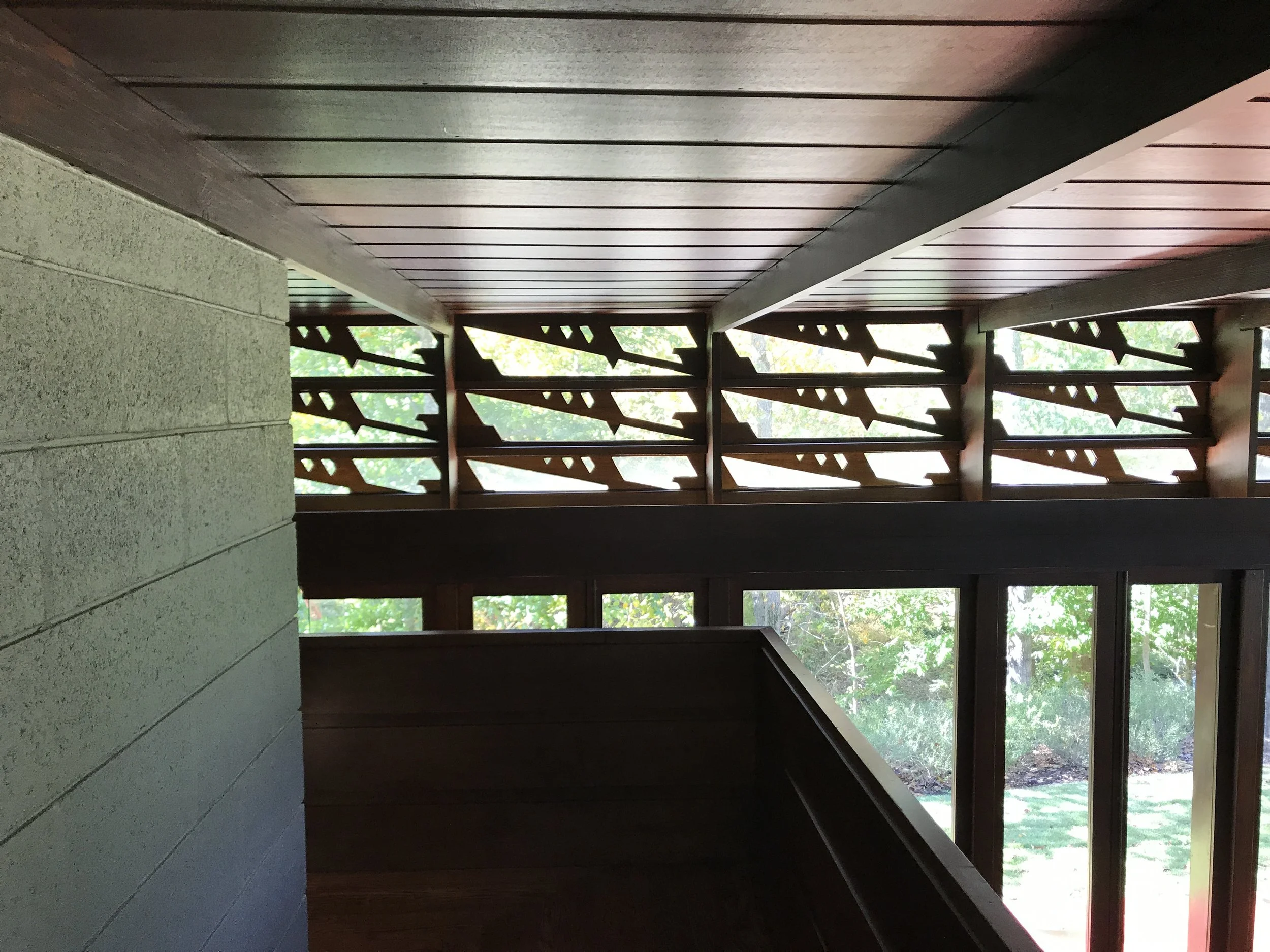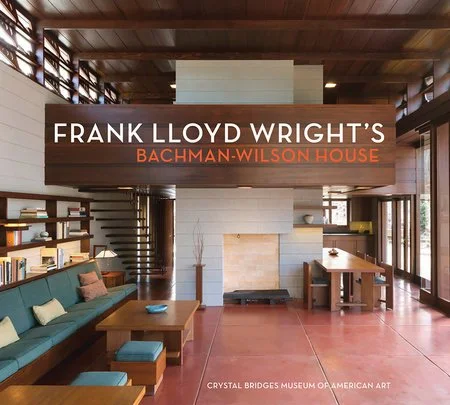Frank Lloyd Wright’s Bachman-Wilson House
Can a home carry both history and future—holding its memory while finding new life?
What We Did
Under Dylan Turk’s curatorial stewardship, the historic Bachman-Wilson House—a masterwork of Frank Lloyd Wright’s Usonian vision—was artfully dismantled, transported over 1,200 miles, and reconstructed on the grounds of Crystal Bridges Museum of American Art. From restoration by the Tarantinos to the logistical precision of the deconstruction and the interpretive design around audio tours, guided publications, and gallery programming, the project was a sustained endeavor in preservation and storytelling.
Why It Matters
This relocation rescued a fragile architectural icon from flood threat and offered visitors and intimate encounter with Usonian ideals—simplicity, integration of nature, and democratic design. Placed within the museum landscape, the Bachman-Wilson House reframes architecture as living art—inviting reflection on how legacy, context, and craft continue to shape our built world.







Curatorial Note
Standing amid those clean liens of Philippine mahogany and glass, I found time pause—and then accelerate. Here, the past was not simply preserved, but renewed. Wright’s radical vision—a home that teaches restraint, invites intimacy, merges with nature—was not just rescued; it was given the space to resonate again. This house articulates that architecture can carry memory forward, if only we let it.


